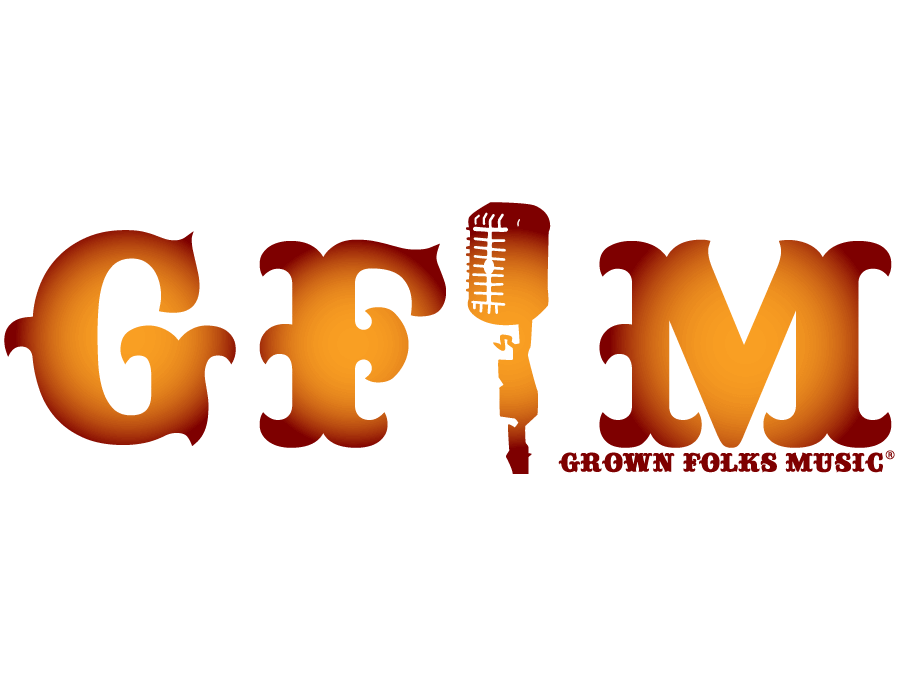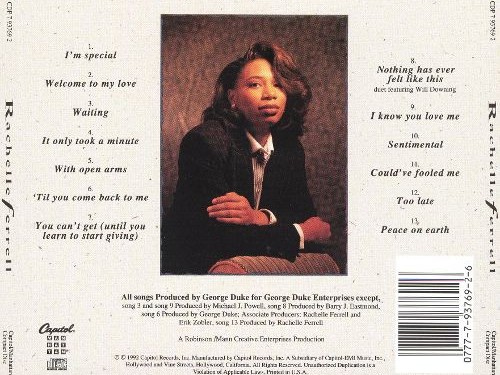Yes the question posed in the title to this post may sound absurd to some, but go with me for a second… the other night for no apparent reason I pulled up “Husband” from Shirley’s second release for Elektra. 1988’s A Woman’s Point of View and after listening a few things immediately sprung to mind:
1. The keyboard wizardry of Billy Beck of Ohio Players fame is all over this track, he is a co-writer of not only “Husband” but “As We Lay” from Shirley’s 1986 eponymous outing. But whereas “As We Lay” was more theatrical and somewhat traditional in its construction, “Husband” was something altogether different for that time period. “Husband” was another in the lineage of the synthesis of sanctified and secular music. If you think about the music that was contemporary to “Husband” nothing in the secular music world sounded anything like this production. The intro to “Husband” was so good it feels like it served up some inspiration for another evergreen R&B gem – SWV’s “Weak” which would appear four years later.
2. The strongest representation for my argument that this song ushered in 90’s R&B is the chorus of “Husband”. The chord progression that Billy Beck utilizes here has served as the foundation for many a Gospel and R&B tune. But more than that checkout how Shirley’s background vocals are arranged and the interplay between the backgrounds and her lead. I’m not going to name any names, but there are a lot of R&B/Soul artists that debuted in the early to mid- 90’s that quite honestly were completely cut from the template of the “Husband” production. Not that there’s anything wrong with that, it’s just I don’t know if enough people know about the influence and that’s problematic.
3. As I stated earlier “Husband” was something different. Often what happens when the music shifts is there are the pioneering productions that don’t get all the accolades, shifts in music can be very subtle, so quite often it seems like the right folks listen to the shifts and incorporate the changes to wider acclaim.
I really believe that this production falls into the category of pioneering. I’m not advancing “Husband’s” legacy as earth-shattering but just trying to provide some context as to the fact that songs that were contemporaries did not sound like “Husband” and that after the debut of “Husband” many borrowed from its production style. So, I guess my answer to the question posed is yes. Perhaps. What are your thoughts?
Ivan Orr is a multi-instrumentalist, composer, performer, and writer. A native of Charlottesville, Virginia Ivan was involved with the forming and nascent days of The Music Resource Center as its first Program Director. A graduate of Virginia Commonwealth University’s Department of Music, Ivan currently resides in Richmond, VA where he maintains an active performance and production schedule while serving as the Music Editor for Grown Folks Music, a position he has held since 2010.
RELATED POSTS
April 18, 2017
#ICYMI – New Music Mondays
June 19, 2015
#PeaceOnEarth: An Editorial
September 25, 2015




If you want to take it a step further, Mariah Carey wrote (with Ben Marguiles) ‘Alone in Love’ in 1988 (when Husband was released) for the Lean On Me soundtrack. The song didn’t make the soundtrack, but eventually made it to her 1990 debut LP. The song ‘Alone in Love’ follows an eerily similar pattern to ‘Husband’, (call and response backgrounds vocals, doo wop-esque backing vocals, breakdown during verses). Mariah is an admittedly big Shirley Murdock fan, as referenced by her recent tweets.
Husband is definitely a trailblazing track.
Interestingly enough, the writer of ‘Weak’, Brian Alexander Morgan wrote the song Weak in 1988 (for Charlie Wilson). As you may know, the song ‘Husband’ was released in 1988. It’s very likely he patterned the production of the song after Husband. In addition, he [Brian A Morgan] was a huge Shirley Murdock fan and decided to work with SWV because he felt that Coko’s voice mirrored Shirley Murdock’s.
So you may be onto something here..